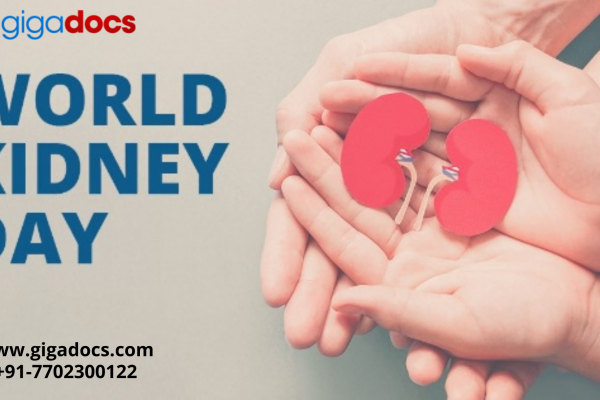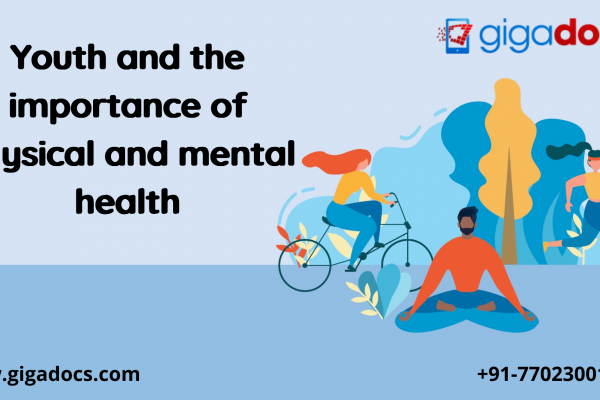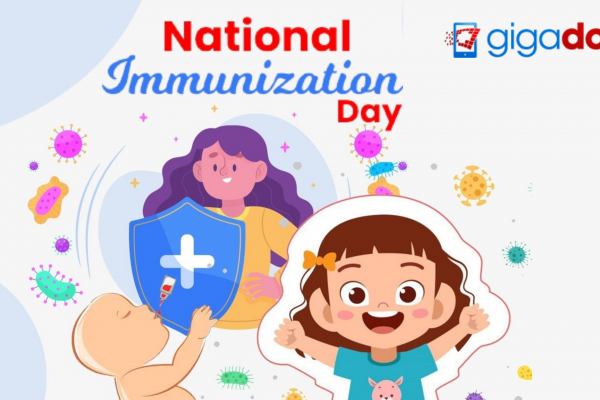Do you know- your ear is divided into three outer, middle, and inner sections, which you use while hearing? Sound waves enter your ear through the outer ear, get to your middle ear and cause your eardrum to vibrate. These vibrations are transmitted through three tiny bones in your middle ear called ossicles. The vibrations travel to your inner ear, shaped like a snail. The inner ear generates nerve impulses transmitted to the brain which are recognized as sounds by your brain.
Several conditions can impair your hearing, these include:
- Tinnitus, or a ringing in your ears, can be caused by loud noises, medications, or various other factors.
- Meniere’s disease is caused by fluid problems in the inner ear, including tinnitus and dizziness.
- Ear barotrauma is an injury caused by barometric (air) or water pressure changes.
- The most common illness in infants and young children is an ear infection.
Some ear disorders can lead to hearing loss and deafness. Consider the following (WHO facts and figures):
- Over 5% of the world’s population—360 million people have disabling hearing loss, with 32 million of these being children.
- 1.1 billion young people, aged between 12–35 years are at risk of hearing loss arising from noise exposure in sports and leisure settings.
- Sixty percent of childhood hearing loss is preventable.
- Infectious diseases, genetic factors, chronic ear infections, birth complications, use of medicines, aging, and excessive noise exposure are the reasons behind hearing loss.
As we celebrate World Hearing Day on March 3, let’s raise awareness about how to prevent deafness and hearing loss and to promote ear and hearing health.
Impact of Hearing Loss
- One of the most significant effects of hearing loss is an inability to communicate with others.
- Spoken language development is frequently delayed in children who have untreated hearing loss.
- Communication exclusion can significantly impact daily life, causing frustration, loneliness, and isolation, particularly in the elderly who face hearing loss.
- Children with hearing loss and deafness receive limited or no education. Adults with hearing loss have a significantly higher unemployment rate. Compared to the general workforce, a higher proportion of people with hearing loss are employed in lower-level positions.
Improved Ear Health
A clean ear is the first step toward a healthy ear. Do not confuse a clean ear with a wax-free ear. Your ear is designed to contain wax. This wax prevents dust and other potentially harmful substances from entering your ear.
Cleaning the outside of your ears is part of keeping them clean. Never put a cotton swab in your ear to remove earwax. Use water, a gentle soap, and a washcloth to clean your outer ear. You can also use a cotton swab to run through the curves of your upper ear—just don’t put it in your ear canal.
Reduce the Noise
Loud noises can cause hearing loss by damaging the tiny bones in your ear. Overhearing music on a personal music device can also result in hearing loss. Playing music at a high volume, whether with earbuds or over-the-ear headphones, can seriously harm your hearing.
How Ear Damage can Cause Other Diseases
Because of how our bodies are linked, certain illnesses can increase the likelihood of ear infections or hearing loss. In addition, medication side effects can have an impact on your ears.
- A variety of illnesses and medical conditions hearing loss. If you have sudden hearing loss or constant noise in your ears or head, make an appointment with an ear specialist right away using the Gigadocs app.
- Any discharge from the ear is abnormal and usually indicates infection.
- Some medications have the potential to impair hearing. Take medications only as directed, and consult your doctor if you experience hearing loss, balance issues, or ringing in your ears.
Noise and Ear care
- Avoid using high volume levels with stereos and home theatre systems. It’s probably too loud if you think it’s too loud.
- When using personal sound systems, the volume should be set to a comfortable level for you. The volume is too high if someone else can hear what you’re listening to through earbuds.
Do’s and Don’ts of Ear Health
Do’s
- Find time to get your ears checked.
- Use earplugs to protect your hearing when exposed to loud noises.
- After showering or swimming, make sure to dry your ears.
- Maintain your physical activity. Physical activity helps keep the heart and circulation system healthy, which helps keep your ears healthy.
Don’ts
- Never insert cotton swabs into your ear canal.
- Don’t put on your headphones for long periods of time.
- Do not ignore pain or discharge from your ears; instead, see a doctor.
- Don’t light up. Smoking affects hearing via the circulatory system.
- Don’t assume that hearing loss only affects the elderly. Hearing loss is becoming more common in young people due to loud sounds through earbuds.
Preventable Causes of Childhood Hearing Loss
- Infections such as mumps, measles, rubella, meningitis, cytomegalovirus infections, and chronic otitis media (31 percent).
- Birth complications include birth asphyxia, low birth weight, prematurity, and jaundice (17 percent).
- Use of ototoxic medications in pregnant women and babies (4 percent).
Some simple strategies for the prevention of hearing loss include:
- Before pregnancy, adolescent girls and women of reproductive age should be immunized against rubella.
- Increasing the effectiveness of maternal and child health programs, including the promotion of safe childbirth.
- Immunization of children against diseases common in childhood, such as measles, meningitis, rubella, and mumps.
- Screening for otitis media in children, followed by appropriate medical or surgical interventions.
- Avoid the use of specific drugs that may be harmful to one’s hearing unless prescribed and monitored by a qualified physician.
Consulting an Ear specialist on Gigadocs
There are numerous types of hearing loss and multiple causes of hearing loss. Some hearing loss is permanent, while others are temporary. If you can’t hear well on the phone or in noisy environments, you should check your hearing. Consult an ear specialist if you suspect you have hearing loss.
There are numerous types of hearing loss and multiple causes of hearing loss. Some hearing loss is permanent, while others are temporary. If you can’t hear well on the phone or in noisy environments. Check your hearing on the Gigadocs teleconsultation app, download to book the best ear specialists-
Download the Gigadocs App on-
- IOS App – apple.co/2W2iG4V
- Android App – bit.ly/33AQoRC
To know more and schedule a Virtual Consultation demo, Email @ info@gigadocs.com




